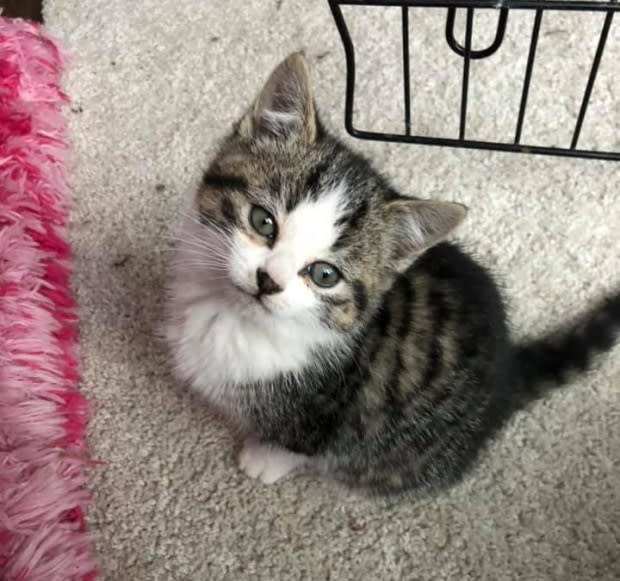Like the cats of Little Bay Islands, some at the Green Bay dump now getting a helping hand
There is another rescue effort underway for cats in need of help in this province — this time in the Green Bay dump, roughly 125 kilometres north of Grand Falls-Windsor, following a major effort involving several rescue groups for the feral felines in Little Bay islands.
Sonya Higgins of the Halifax-based rescue group Healing Animal SCARS says there are more than 30 cats currently living in the dump, based on information provided to them from another volunteer.
Similar to the Little Bay Islands mission, Higgin's group is helping from a logistical standpoint. She said Sunshine Kitty Rescue and Deer Lake Kitty Rescue are once again spearheading the efforts, this time to help the cats at the dump.
"It's vital. Some of the cats are in very poor condition," Sonya Higgins told CBC Radio's Newfoundland Morning on Monday.
The rescue operation is in its early stages, since the dump's board of directors needs to grant access in order to trap the cats.
Even then it will be slow and meticulous, one cat at a time, said Higgins.

Veterinary care will be provided to as many cats as it can, and try to rehabilitate them for adoption, said Higgins. The cats deemed unfit for adoption will be returned to the area but spayed or neutered, with shelter, feeding stations, a veterinary checkup and a constant line of communication between Higgins's group and the property owners.
"We do have a volunteer which has been travelling to the dump every day or so, to provide cat food for them that has been donated," she said.
"We're seeking collaboration with the various rescue groups across the province."
Central areas of Newfoundland have a systemic issue with feral cats, Higgins added. She says the problem is finding places to spay and neuter. She wants to see government funding put toward low-cost spay and neuter clinics
"It would make a difference across the island for pet owners as well as for the stray and feral population," she said.
Read more from CBC Newfoundland and Labrador

